
When a person you love passes away, it’s natural to feel sad, express grief and expect friends and family members to offer understanding and comfort.
Unfortunately, you don’t always receive the same outpouring of support when your dog passes. Some people don’t understand how central your pet may be in your life and why you’re having a hard time grieving the loss of your dog.
Here at Canine Campus we understand how important your dog is to you. You love your dog and consider him or her a member of your family. Dog parents often celebrate their dogs’ birthdays, spend time engaging in activities (like hiking, running, camping, playing games, walking, participating in sports, relieving stress, shopping, etc.) together, feed them, care for them, teach them and attend to their health needs.

Because I know the loss of a beloved dog can be an especially difficult and sensitive time, I decided to interview Crystal Givens, Advanced Grief Recovery Specialist, about how to cope with the loss of a dog. Crystal practices here in the Colorado Springs area and is a member of the Canine Campus family.
- Let’s start by learning a little bit about you, your background and how you came to be a Grief Recovery Specialist.
I’m a country girl at heart – grew up on a farm in northern Illinois. Because we lived in a remote area, animals became my best friends.
My life took an unexpected turn in high school when my parents divorced. I moved with my mom to DeKalb, where I finished high school and college. After several more moves, I landed in Hermosa Beach, CA where I met my husband. Shortly after my children were born, I started to unravel emotionally. I didn’t understand why I was feeling so much pain and became desperate for help. A friend referred me to a Grief Recovery support group. Completing the Grief Recovery Program was a life-changing experience! It was then I knew I had discovered my life’s work – helping people figure out whatever is keeping them stuck and teaching them to heal from it to enjoy their lives more fully.

- Can you please explain more about the Grief Recovery Pet Loss Program?
The goal of the Pet Loss Program is to help the grieving pet owner:
- Recover from the heartbreak and emotional pain
- Remember the way you knew your pet, not only as you remember them at death
- Enjoy the fond memories with your pet
- Know when you are ready to begin a relationship with a new pet – only if that is your choice
Grief and loss are greatly misunderstood. There is so much misinformation about how to deal with the loss of a pet. When it comes to a grief process, people might think of the stages of grief developed by Dr. Kubler Ross. Her stages are specific for what a terminally ill patient goes through when they find out they are dying. NOT what a griever experiences following a loss.
Time does not heal a broken heart, rather it depends on what we do with that time. Some people still miss their childhood pets. Grieving people must act in order to feel better about their loss. The Grief Recovery method is an evidence-based program that teaches grievers the correct action steps they must move through to recover from any type of loss.

- There are many life experiences that can trigger grief, and losing a pet is one of those experiences. Why do people have such a hard time coping with the loss of a pet?
There are more than 40 life events that are considered grieving experiences.
The death of a pet is an overwhelming and indescribably painful experience and there is very little “real support” available. The loss becomes even more difficult when well-meaning family and friends say unhelpful things. For example – “are you going to get another dog?” This is a bit like saying to a grieving parent who has just lost their child, they can always have another child to “replace” their loss. Replacing a loss does not make that emotional pain go away! Just like each child is different and unique, so is each special pet in your life. With any loss, you cannot begin to build a new and fully complete relationship with another, until you have effectively grieved and “completed” your emotional relationship with the one you have lost.
By “completing” a relationship, I am not remotely suggesting that you “forget” it, but rather that you deal with all of the unfinished business relating to things you wish had been different, better or more in the relationship. The Grief Recovery Method provides support and information on how to feel complete with the loss of your pet so you can truly enjoy the memories without being constantly reminded of the pain of the loss.
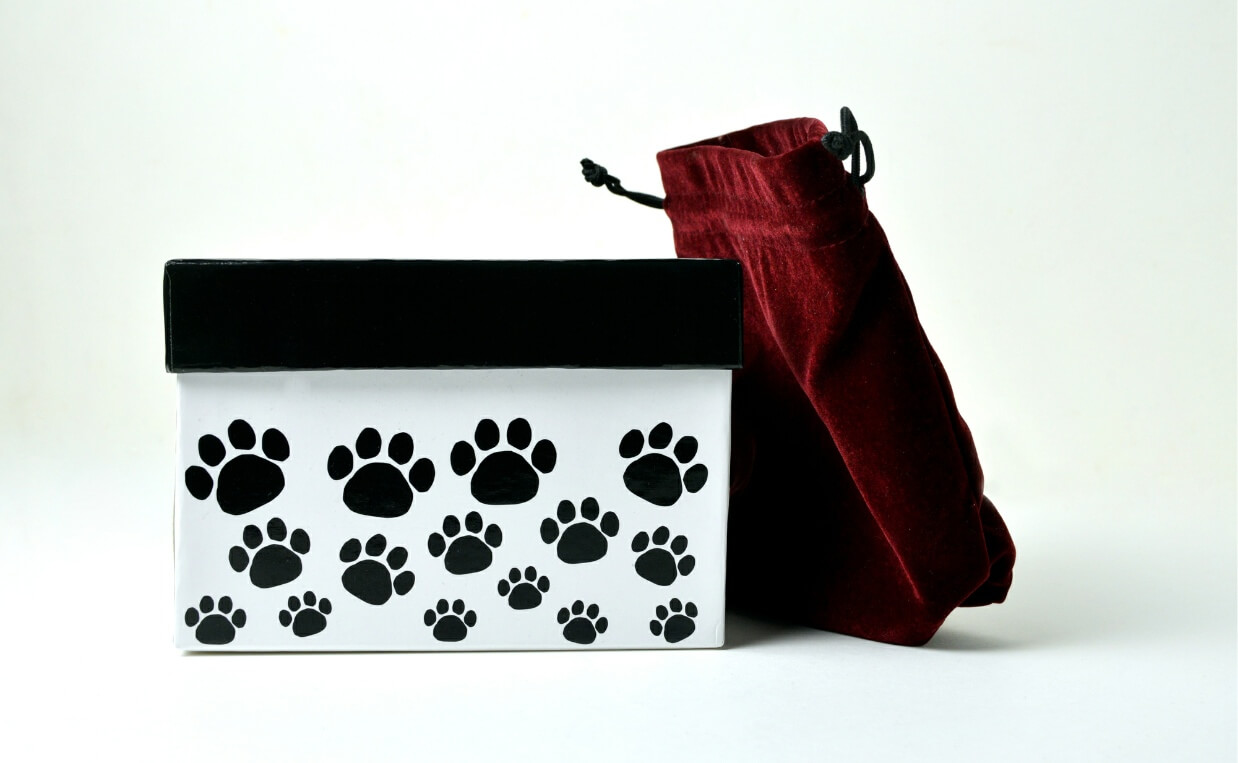
- What is a normal grieving process after the loss of a pet? How long should grieving last?
Let me start by defining grief: Grief is the normal and natural reaction to any type of loss. Grief is individual and unique. Grief is the conflicting feelings caused by the end of, or change, in a familiar pattern or habit. For example, if you walk your dog every night at 5 pm you probably miss that time together (sadness). But you might also be relieved you no longer have to rush home to walk him every night (relief). Grief is the feeling of reaching out for your pet that has always been there only to find when you need him again, he is no longer there (loneliness).
- What happens if we try to ignore the pain or keep it from surfacing?
Each loss that is ignored or stuffed, stays inside our bodies and grows. The more emotional pain we suppress, the less room there is for joy. When that internal tea kettle of pain becomes filled to the brim, it can explode! Grief overload presents in many ways, such as short tempers, drug/alcohol abuse, or other behaviors that can harm the grieving person and the people around them.
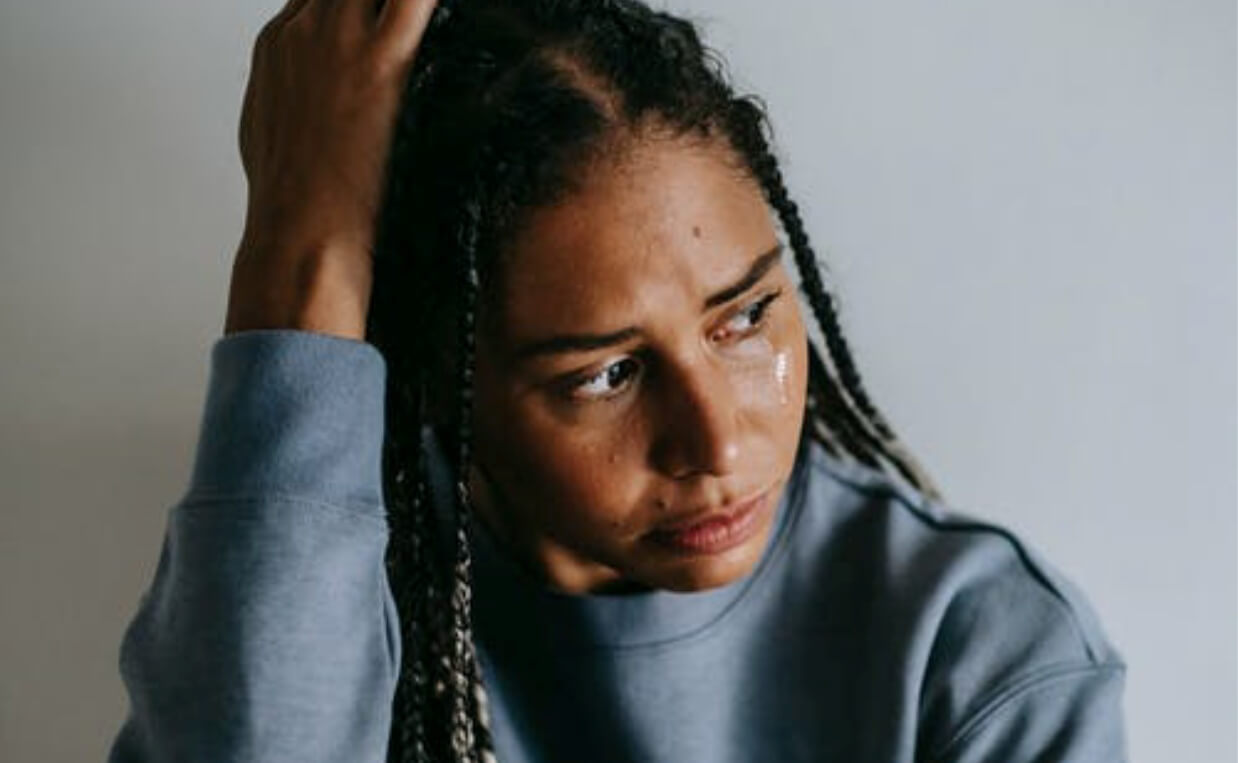
- We all know pets have a shorter life expectancy than humans; most of us may lose more than one pet throughout our lifetime. What can we do to be prepared for the loss?
Throughout our lives, we have been taught to acquire things. We were not taught what to do when we lose them. Loss is inevitable. If we equip ourselves with the correct information on grief and loss, we will feel more prepared to handle loss. This is the purpose and goal of the Grief Recovery Method. Also, by getting the correct information and tools on how to recover from the loss, we can look forward to having another pet with less apprehension of the feelings we might have in the future when that pet dies.
- What can we say to someone who tries to minimize our loss?
One of the most hurtful comments a grieving pet owner hears is, “don’t feel bad, it was only a dog.” This statement is confusing since it tells us to not feel bad, even though feeling bad or sad is the normal and natural reaction to the death of a pet. It also implies there is something wrong with us. Worse, it minimizes the loving relationship we had with our pet by using the word “only.” It’s no wonder grieving pet owners are afraid to share their feelings and they begin isolating from people, fearful of hearing more unhelpful and hurtful comments. Since most people don’t know or understand the depth of your pain and special relationship, keep it simple and thank them for their concern and/or words (only if that is true for you).
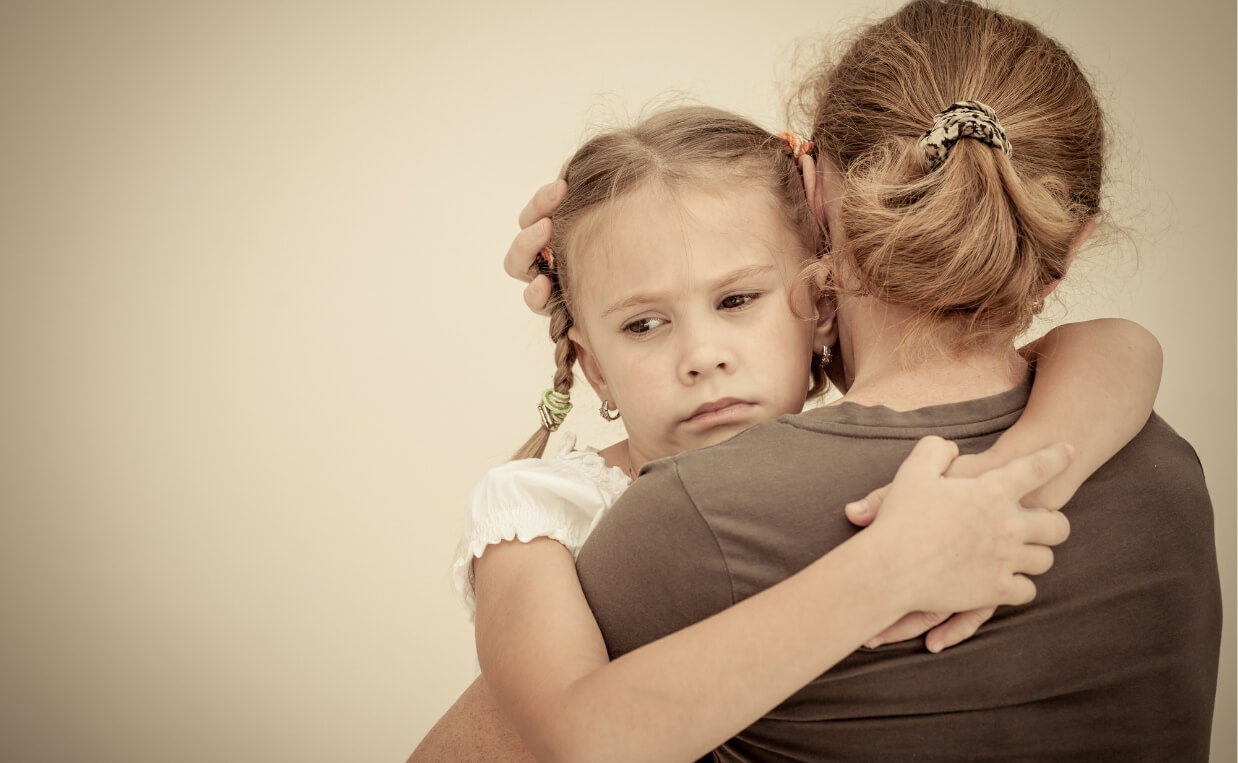
- How can we help children deal with the loss of a family dog? How do we explain euthanasia to a child?
We don’t want to see our children hurting. We naturally want to protect them from pain. Usually, we tend to deal with loss the way our parents and authority figures taught us.
As a child, I remember feeling sad, hurt and confused when my basset hound Happy disappeared. We never talked about him. It was as if nothing had happened. I was devastated! Thankfully because of my knowledge and experience with the Grief Recovery Method, I have not passed on the same “misinformation” to my children.
We handled the death of our family dog Zeus very differently when we lost him two years ago. Zeus Maximus Givens, our handsome Labrador retriever, my soul dog, had cancer. His health was rapidly declining. It became unbearable to watch him suffer. We talked as a family about what we should do. After several medical opinions, family conversations, and many tears, we all agreed it was time to put him down.
Before the doctor came, we all sat with Zeus as a family and then individually we told Zeus how much we loved him, shared our favorite memories, thanked him, apologized for anything we did that we felt bad about, told him the things we were going to miss about him, and then said goodbye…it was heart wrenching!! After the doctor administered the shot, we sat with Zeus until his last breath. We held each other and cried and cried…our hearts were so broken. Our Zeus was gone. We grieved together as a family.
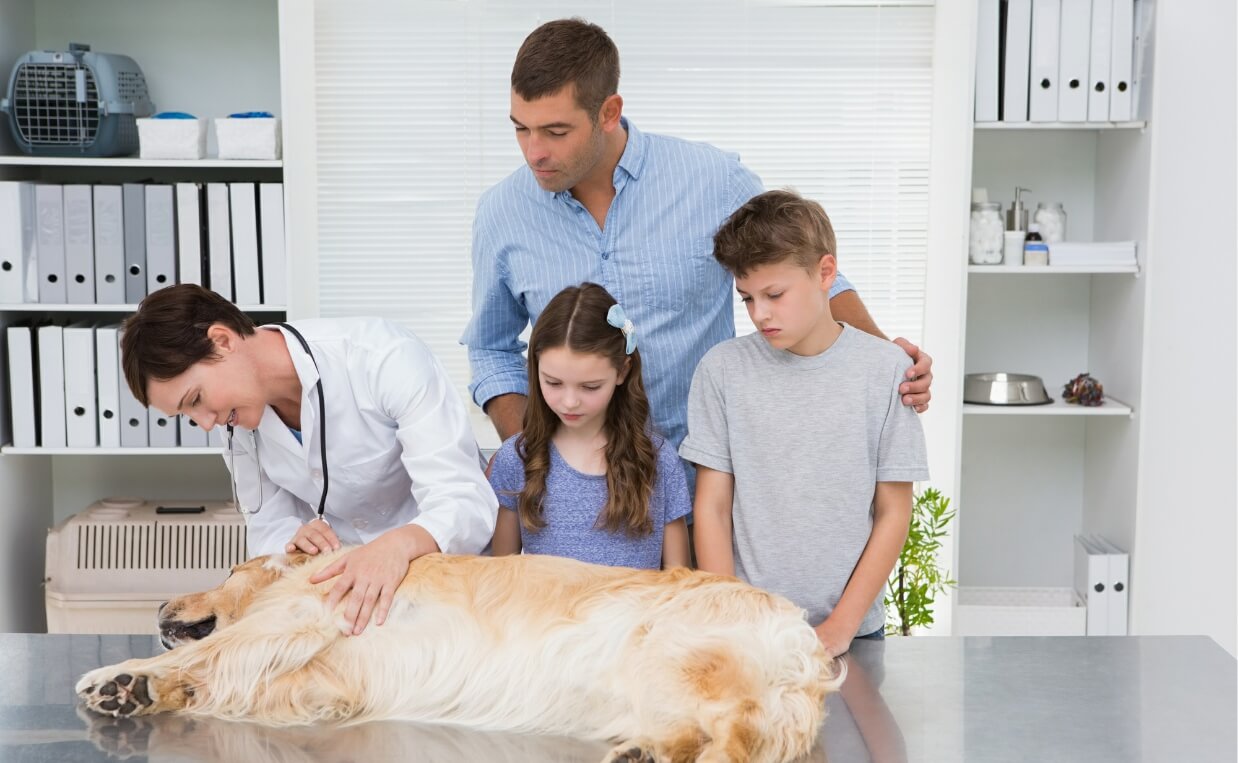
- How do we know when we’re ready to adopt another pet?
After you have taken the action steps of recovering and becoming complete with the loss of your pet, you will gain a new perspective. Your heart will be more open to loving a new pet. The amount of time between the death of a pet and when someone feels ready to bring another animal into the home is unique to each person. Only you will know when it’s time to establish a new and valuable relationship with another animal.
Again, sharing from personal experience…
On April 22, 2020 we rescued a beautiful Labrador retriever, Scout Valkerie Givens! She has wiggled into our hearts and we love her very much! If it wasn’t for the Grief Recovery Program, my family would not have wanted another family dog nor had been able to whole-heartedly love and emotionally connect with her.
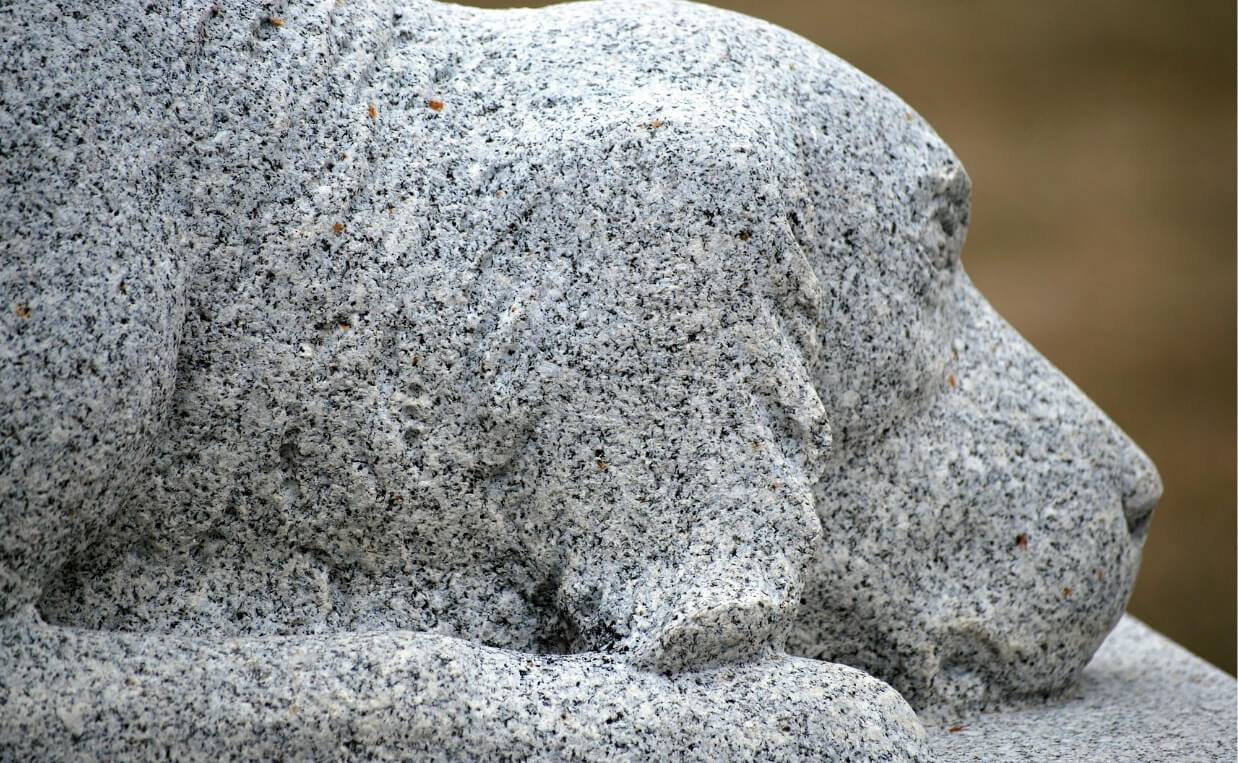
- How do you help people who are grieving after the loss of a pet?
I take the time to learn about their pet and ask, “what happened?” After listening, I offer to send them an eBook about Pet Loss and tell them about the 6-week Grief Recovery Method® Pet Loss Recovery and Support Program I teach.
This program, which is taught in a group setting, is affiliated with The Grief Recovery Institute and I use The Grief Recovery Handbook for Pet Loss as our text. Grieving pet owners will learn the correct information on grief and loss as well as the action steps they need to take to recover from the emotional pain caused by the loss of their pet.
- What is the best way to get in touch with you?
I can be reached by email at crystal@ebbandflowcos.com or go to my website (ebbandflowcos.com) and submit a “chat with Crystal.”

 Reading Therapy Dogs Boost Literacy Confidence in Kids
Reading Therapy Dogs Boost Literacy Confidence in Kids 25 Endearing Ways Dogs Show Affection
25 Endearing Ways Dogs Show Affection 15 Common Mistakes Dog Owners Make (and May Regret Later)
15 Common Mistakes Dog Owners Make (and May Regret Later) How Dogs Became Domesticated
How Dogs Became Domesticated 10 Ways to Celebrate Christmas with Your Dog
10 Ways to Celebrate Christmas with Your Dog






I cant seem to deal with losing my sweet Missy
I’m so sorry for your loss. It can certainly take a long time to grieve the loss of a beloved pet. Have you considered meeting with a grief counselor?
I had to euthanize my Doug. He was 12 and had an enlarged heart with a murmur, a collapsed trachea and his heart was pushing against it. Water on the lungs and cataracts. He was not the dog I brought home. He stopped eating and didn’t want to go for walks (he loved to go for walks with me).
We had to have him euthanized and it was a hard thing to do with him. We held him and pet and stroked him and I kept saying “Doug,… go home boy…. go home.
Now comes the grief. We only had him for a year but we made it good for him.
We had a hospice routine and we kept him safe and comfortable.
He was a great roommate and companion.
When we got home we hugged and cried so hard that, at least, I cried out most of my sense of lose.
When I think about our life together, the time he gifted us with.
I will be sad
until it won’t.
Time.
I am so sorry for your loss. It is such a hard thing to lose our beloved pet. My heart goes out to you. Thank you for sharing about Doug here on our blog. We are honored. <3<3<3